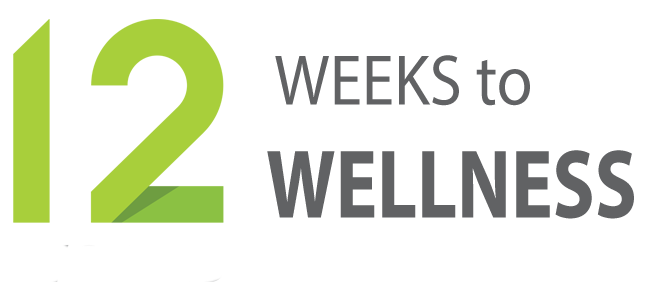
Mood and anxiety disorders are among the most common types of mental disorders in Canada. In fact, according to the Canadian Mental Health Association, in any given year, 1 in 5 people in Canada will personally experience a mental health problem or illness.
As a health and wellness coaching company, we hear clients daily express their wishes to learn strategies to cope better with stress and anxiety. Stressful situations are inevitable in everyone’s life. You may notice symptoms of stress when coping with a challenging relationship while disciplining your kids or during busy times at work. And while some stress is normal and beneficial in many instances– too much stress can wear you down and make you sick, both mentally and physically.
The first step to controlling stress is to know the symptoms of stress. But recognizing stress symptoms may be harder than you think. Often, we hear clients say they can’t figure out exactly what’s bothering them, or what to do about it if they do know. Most of us are so used to being stressed, we often don’t know we are stressed until we are at the breaking point. Because we humans are not always conscious of our feelings, it can be helpful to pay more attention to the emotions that lay behind our actions. Our emotional state is also not always easy to describe. But how we feel has everything to do with how we think and act as a result. For example, ‘over sleeping’ in reaction to a difficult problem, may bring feelings of despair or low motivation.
Our ability to manage our distress when it happens, or reduce its level and duration, depends a lot on our day-to-day habits. Recently, one of our coaches, Claudette, wrote a piece on coping strategies that help. Claudette points out the need to pay attention to your emotions as they are a good barometer of what’s going on with you. Below is a list of her top coping strategies to keep handy so you can choose what to do, when you need it most.
1) Strategies you can use immediately
Deep breathing – The easiest and most available strategy of all is to use your breath. This takes you from fight or flight into rest and digest mode. In other words, you invoke the relaxation response. It only takes a minute to feel differently.
Change your perspective – Catch yourself imagining worst-case scenarios or beating yourself up. STOP it. Turn it around. See problems as opportunities for growth.
2) Self-care practices to do regularly
Exercise – Anything that involves moving or using your body is helpful when the stress mounts. Getting your cardiovascular system involved through aerobic exercise is ideal and is important as a regular practice for health. It’s guaranteed you will feel better afterward. Chop wood, climb stairs, swim, jog – the opportunities are endless.
Massage – As we hold tension in our bodies, massage is an important practice to address the muscles directly, inducing relaxation and reducing stress-induced aches and pains.
Yoga – A regular yoga practice does wonder for increasing flexibility in the body and mind, as well as balancing the energy in the body.
Meditation – There is a long list of benefits here too: physiological, mental, emotional and spiritual. Don’t expect immediate results. Practice. Practice. Practice. It’s worth it.
Rest and sleep – Rest means not scheduling every minute of the day. Try to relax sometimes. When you’re overwhelmed you might be tempted to skimp on sleep, but sleep is basic to performance and all aspects of health. Get more sleep to get more done.
Nature – Get out of the house, off the pavement, and away from technology. Nature is healing. Go to the park, walk in a forest, sit by a river, watch the sunset, or hug a tree.
Consumption – The energy from whole foods helps you to stand up to stress. Avoid processed food, overeating, excess alcohol or other drugs that drag you down.
3) Ways of being to make life easier
Act – Deal with what comes up versus denying you have a problem or procrastinating.
Know yourself – Don’t bite off more than you can chew.
Access support – Friends, family, professionals, who do you need or have in your camp? Lean on your team to move through stress. There are no benefits to flying solo.
Say no and set boundaries – Protect yourself by saying no when you need to. Teach others how to treat you. Drawing a line in the sand about what others cannot do to you, or around you, will help you minimize stress.
Have fun – Break things up by doing something just for fun: play an instrument, dance, practice a hobby, socialize, or read real books, even if only 15 minutes at a time. Finding joy amidst the difficulties will help you be your best self.
This is not an all-inclusive list by any means. Maybe you have some helpful strategies you can add.
Author: Claudette Pelletier-Hannah
